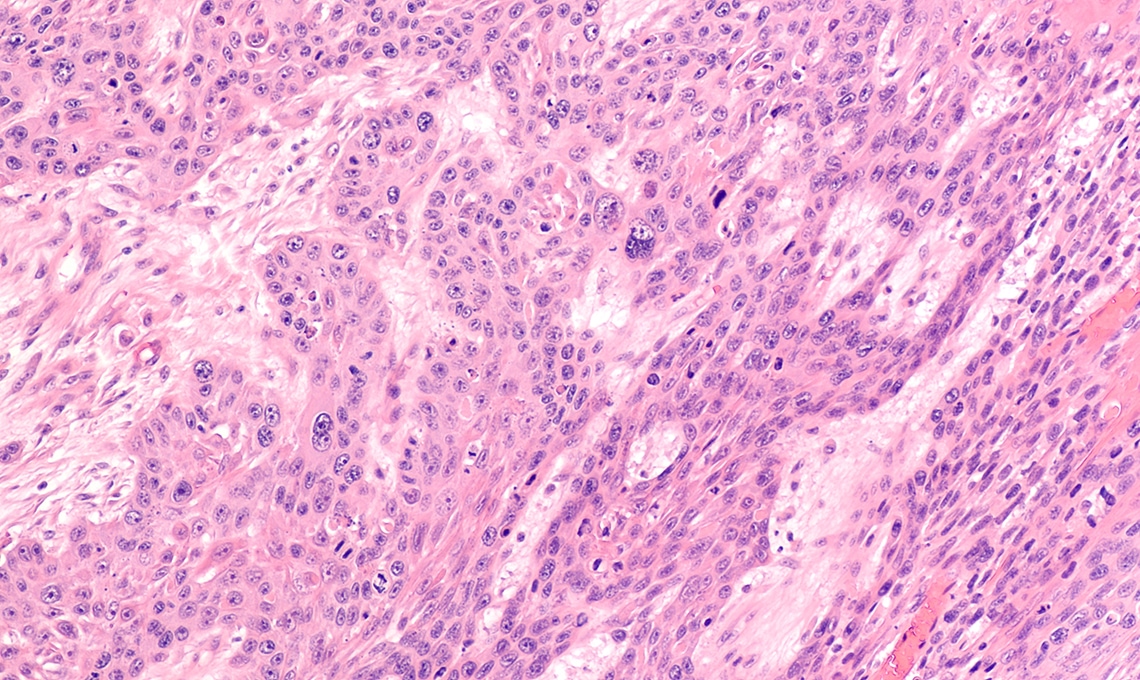
Fighting cervical cancer with supercomputing
Human papillomavirus (HPV) is a risk factor for certain types of cancer, especially for cervical cancer. According to Finnish research, vaccination against HPV is so efficient that cervical cancer screening can be eased in the near future, or even stopped for those who have been vaccinated. The team uses High-performance computing provided by CSC, the national research and education network (NREN) of Finland.
The study builds on data collected from 33 Finnish cities and towns, where a total of 22,000 young individuals were monitored for 16 years after most of them had received the HPV vaccine. Especially when both girls and boys are vaccinated, the vaccine proved able to provide general immune protection, so-called herd immunity. Additionally, adequate vaccination of the whole population changes the ecological dynamics of the remaining papillomaviruses.
“This leads to the conclusion that in the near future, cervical cancer for oncogenic HPV infections could be eased or completely stopped for those who have been vaccinated,” says Ville Pimenoff, Associate Professor in evolutionary medicine at the University of Oulu.
Largest cohort in the world
Pimenoff’s research interests range from population genetics of humans to the evolution pathogens affecting human health. Studies of genetic variation in viruses and other microbes, in general, requires a large amount of computing and data processing. In his work, Pimenoff makes extensive use of CSC’s computing services and sensitive data services.
The dataset on HPV vaccination is the largest community-randomized vaccination cohort in the world, providing an excellent setup to examine the evolutionary dynamics of cancer-causing papillomaviruses in the population that has been HPV vaccinated compared to the non-vaccinated fraction of the population.
“From this cohort data, I used computer-assisted methods to simulate HPV infections prevalence dataset among half a million young Finnish women. I used CSC’s computing power and sensitive data virtual cloud,” Pimenoff says.
A dedicated service for sensitive data
Synthetic data can be analyzed across all of CSC’s services. For sensitive data, CSC has a dedicated service.
In collaboration with CSC, Pimenoff has built a system where access to the sensitive data can be shared internationally as well.
“We can grant permission for access to anonymous data to be shared with our international collaborators, but the datasets are processed only within the CSC environment and cannot be physically transferred abroad. CSC’s tools for analyzing sensitive genomic data are now better than before. CSC has made good improvements,” Pimenoff says.
The text is inspired by the articles “Against papillomavirus with CSC’s resources” at the CSC website and “Evolutionary dynamics of viruses and other microbes affect human health” by Ari Turunen, Elixir Finland.
For more information please contact our contributor(s):

